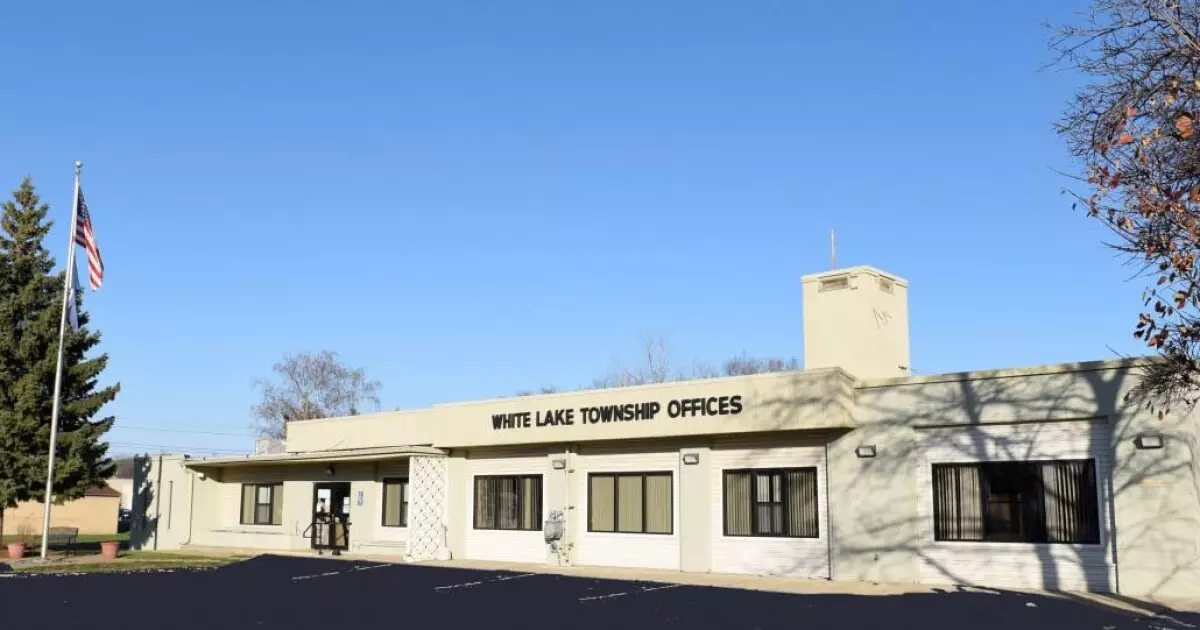In an age where technology drives nearly every aspect of governance and finance, the specter of cybercrime looms larger than ever. One stark example of this reality is the recent cybersecurity breach affecting White Lake Township, Michigan. This incident has not only shaken the township’s financial infrastructure but has highlighted the urgent need for enhanced security measures in public finance. Following a hacking incident in November, which compromised a significant $29 million bond sale, the township is strategically repositioning itself for recovery and future resilience.
The implications of the hack were grievous. White Lake Township Treasurer Mike Roman disclosed that the fallout from the attack not only halted the bond sale but also left the township without any received proceeds from the intended transaction. Chief Daniel Keller underscored the severity of the situation, clarifying that the hack involved impersonation tactics that resulted in fraudulent wiring instructions being sent to the purchaser of the bonds. This alarming breach not only underscores the vulnerabilities inherent in township operations but stands as a cautionary tale for similar institutions scrambling to safeguard themselves from increasingly sophisticated cybercriminals.
Despite the considerable setback, White Lake Township is committed to moving forward. The township is currently preparing to undertake a new bond issuance—this time with a mitigated risk approach. Transitioning from a competitive sale to a negotiated bond issued through Stifel and JPMorgan, the township aims to bolster its processes by enlisting Baker Tilly as its municipal advisor and Dickinson Wright as bond counsel. The strategy shift aims to stabilize the financial trajectory that the hack disrupted, allowing the township to better finance a much-needed civic center and a new public safety headquarters.
According to the preliminary official statement regarding the new limited tax general obligation bonds, the management is keen on implementing robust measures to ensure a more secure framework and ongoing dialogues about cyber vulnerabilities. These proactive steps are critical as White Lake Township navigates the complexities of the post-hack landscape—a landscape filled with uncertainties, particularly concerning the implications of the existing cyber insurance coverage and the pending recovery of stolen funds.
The White Lake Township incident serves as more than just an isolated event; it is a reflection of a broader trend in public finance that is increasingly threatened by technological breaches. Omid Rahmani of Fitch Ratings notes the growing menace of cyberattacks within this sector, emphasizing that while White Lake is the first identified instance that reached public awareness, other attacks are likely occurring behind closed doors. This reality necessitates an industry-wide reflection on best practices in cybersecurity, particularly as municipalities grapple with safeguarding public funds.
Recent discussions within the Government Finance Officers Association have revealed an urgent addressing of these cyber concerns, spotlighting the necessity for public entities to remain vigilant and adaptive to evolving threats. This commitment is essential, given that many municipalities operate with limited resources and may be ill-equipped to handle sophisticated cyber threats.
S&P Global Ratings maintains an AA-plus rating for White Lake Township’s forthcoming Series 2025 taxable GO bonds, reinforcing the idea that, despite recent turmoil, the township’s financial standing is relatively stable. The commitment to utilizing bond proceeds for essential civic infrastructure reflects a balanced approach to ensuring community growth, even in the face of adversity. Still, there remain tangible risks, particularly from an operational standpoint, as guidance indicates that repercussions from the cyberattack could burden future financial contracts.
As the forensic investigations surrounding the hack continue, the township must tread carefully to ensure that risks are sufficiently mitigated. S&P’s assessment emphasizes a need for auditable security practices moving forward. This need extends beyond structure to encompass a change in culture within financial management practices. A decisive shift towards promoting informed cybersecurity responses will not only enhance public trust but strengthen the financial underpinnings essential for sizeable projects.
White Lake Township’s experience serves as both a wake-up call and a template for resilience. Amidst the chaos instigated by the cyberattack, the township has the opportunity to build back not just stronger, but smarter. By embedding cybersecurity awareness and responsive strategies into public finance practices, White Lake can not only safeguard its financial futures but inspire confidence in community governance as a whole. As it ventures forth from this chapter, the potential for recovery looks proactive rather than merely reactive, embodying a renewed commitment to cybersecurity in the intricate landscape of public finance.

